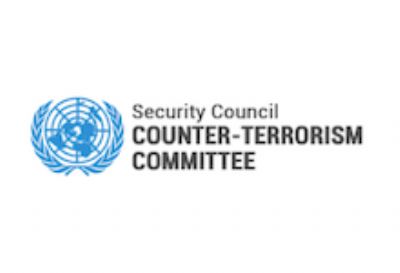In a meeting to be held the day after a brutal terror attack in Manchester, the UN Security Council will adopt a resolution on a "framework" to counter terrorist narratives by focusing on "alienation" and "powerlessness" as the "drivers" of terrorism. The "Comprehensive international framework to counter terrorist narratives" was drafted by the UN's Counter-Terrorism Committee (CTC), the lead UN agent on terrorism, and presented to the Security Council on April 26, 2017. The CTC is composed of the members of the Security Council and chaired by the Egyptian Ambassador to the UN, Abdellatif Aboulatta. The Security Council requested that the CTC draft the framework after the Security Council held a debate on countering the narratives and ideologies of terrorism on May 11, 2016.
The framework consists of three components: the use of law enforcement measures to combat terrorism and incitement to terrorism while protecting free expression, the need to engage with private companies to combat incitement to terrorism, particularly online and through social media, and the need to propose "counter-narratives" to terrorism that address the "drivers" of terrorism.
In the words of the framework:
"Effective narratives must take into account genuine feelings of powerlessness and alienation and provide credible alternatives, especially to vulnerable young people searching for a sense of meaning in their lives. In its resolution 2178 (2014), the Security Council stressed the importance of Member States' efforts "to develop non-violent alternative avenues for conflict prevention and resolution by affected individuals and local communities to decrease the risk of radicalization to terrorism, and of efforts to promote peaceful alternatives to violent narratives espoused by foreign terrorist fighters". While acts of terrorism are criminal and unjustifiable, counter-narratives must still address underlying drivers by proposing non-violent avenues of change."
May 24, 2017
UN's "Framework" to Fight Terror - Make Terrorists Feel Less "Alienated" and "Hopeless"
Date
May 24, 2017
Title
Comprehensive international framework to counter terrorist narratives, S/2017/375
Original Source

